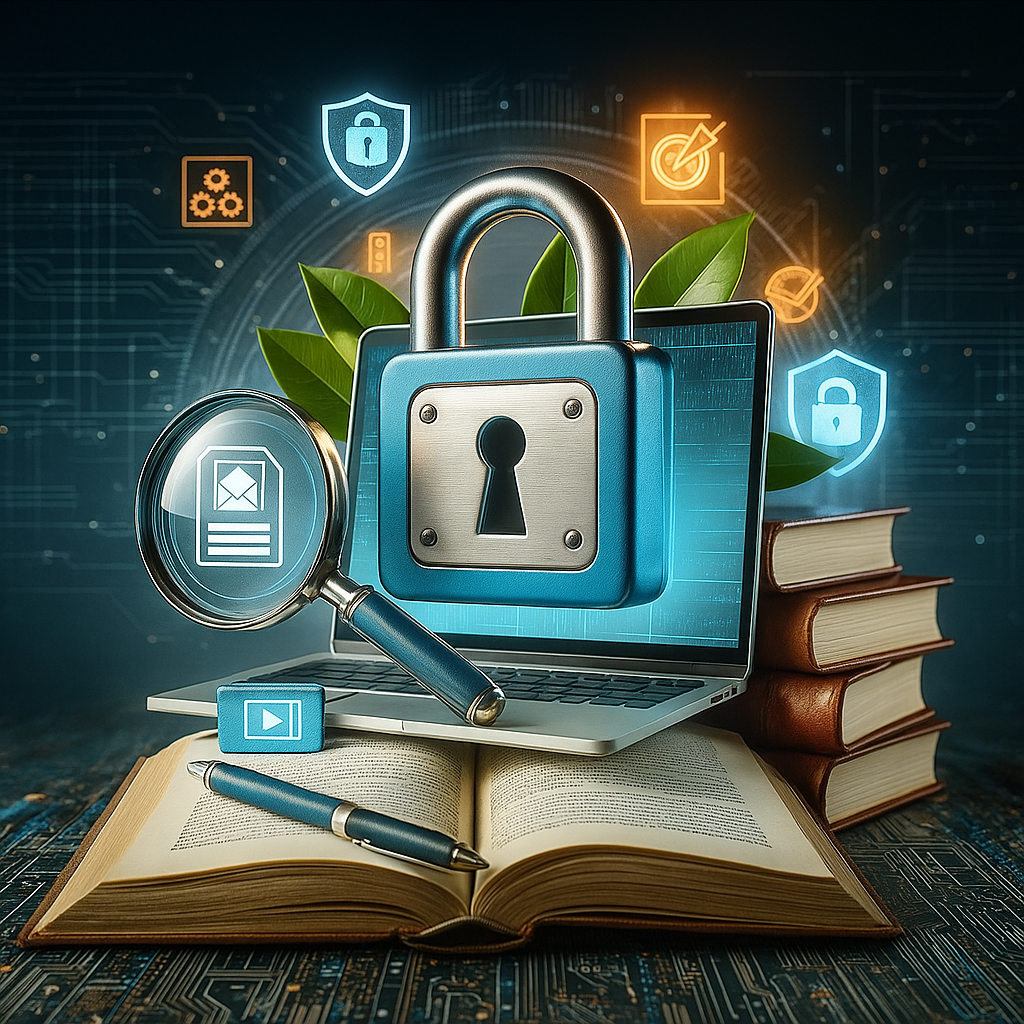Cheatproof Your Online Exams
E-Cheating: The Digital Dilemma Facing Modern Education
When a university in Australia discovered that over 900 students had used AI to complete their assessments in a single semester, educators worldwide took notice. It’s hard to believe that we are five years down the line from the Covid-19 outbreak that became ‘the year that we all stayed home’—yet we’re still feeling the aftershocks. We’re no longer just battling traditional methods of academic dishonesty; we’re facing sophisticated digital cheating techniques that evolve faster than our policies can adapt.
During the pandemic, educators suddenly had to pivot to online learning platforms, virtual classroom management, and digital assessment tools, all while continuing to meet essential responsibilities such as curriculum delivery, administrative tasks, and providing emotional support to learners. This rapid shift has left a lasting legacy on how we approach academic integrity in the digital age.
Just as suddenly, we also had to contend with new ways to cheat in tests and exams. The subsequent arrival of AI tools has expanded the potential for dishonesty in online assessments even more.
Since almost all of us, whether we’re higher education institutions or public or private schools, have had to adapt to some form of hybrid content delivery, we must now face the challenge of preventing ‘e-cheating’ in all its variations.
Online Assessments – the Advantages.
There’s so much in favour of online assessments. They are convenient and flexible. Learners can take assessments anywhere, at flexible times, making them much more accessible for long distance learners or those studying part time.
🟢 The automated grading possibilities for certain types of questions mean that educators save a significant amount of time when marking. It also reduces the administrative workload (and costs) dramatically. Think of how much time and paper are used printing out exam papers.
🟢 Online is much more scalable than in-person testing, allowing large numbers of learners to write simultaneously without the need for large venues and other logistical considerations like chairs and tables.
🟢 Closely linked to scalability is cost-effectiveness – venues, printing and invigilators don’t come cheap. Less direct costs like travel and accommodation for both learners and examiners also add up to considerable amounts.
🟢 Accessibility is another feature. It’s much easier to make online exams accommodate learners with disabilities through screen readers, adjustable font sizes, and alternative question formats.
Obviously, there are many great reasons why you would want to use online assessments. Nonetheless, the perceived risks are often a real deterrent to embracing them wholeheartedly.
Why Online Exam Integrity Matters More Than Ever:

It’s inevitable that there will always be learners looking to cheat. There are historic records of cheating on the exams for the Chinese civil service which go back thousands of years. These days cheating is so expected that there is an entire billion-dollar industry built around monitoring and preventing it. It even has its own Wikipedia article.
We all accept that assessments must be credible and fair. When students take an exam, we expect that their results genuinely reflect their own knowledge and effort. But if the
assessment process is compromised it puts the value of those qualifications at risk. The result is a loss of trust from educators, employers, and accreditation bodies, ultimately affecting the credibility of the entire system. Everyone, including the learner loses.
What are the main threats to assessment integrity?
We see the three main threats to assessment integrity as being active cheating, impersonation and unauthorised access.
🟢 Active cheating happens when students use prohibited resources or outside help during an assessment. This could mean looking up answers online, sharing responses with friends, or even using AI tools to generate answers.
🟢 Impersonation is when someone else takes the exam for a student, either by logging in with their details or using techniques to hide their real identity. This is a big issue, especially in online exams that don’t have strong identity checks.
🟢 Unauthorised access is when someone gets hold of exam content before or during the test—this could happen through hacking, leaked questions, or security gaps in the system.
These risks are why strong security measures are so important.
What can you do?
Keeping online assessments fair and secure starts with a clear and straightforward assessment integrity policy that lets students know what’s expected of them and what happens if they break the rules. These guidelines help build a culture of honesty while giving educators a clear way to handle issues like cheating or impersonation.
Moodle has some great built-in security features that make assessments a lot harder to manipulate.
🟢 Question bank randomisation ensures that no two students get the same set of questions, making it harder to share answers.
🟢 Time limits and attempt restrictions stop students from spending hours on an exam or retaking it over and over.
🟢 IP restrictions and access controls let you decide where and when exams can be taken, cutting down the risk of unauthorised access.
Big Picture solutions:
There are other tools that help to control the overall roll out of an online exam. Lockdown browsers and proctoring solutions help keep online exams secure by preventing cheating and unauthorised access. A lockdown browser stops students from opening other tabs, copying answers, or accessing external resources during a test.
Proctoring solutions—whether AI-powered or live invigilated—monitor students through webcams and screen activity, flagging suspicious behaviour to ensure assessments are fair and credible.
Where to learn more:
This article has really just touched on this vast subject. But there is an opportunity for education to advance here. While e-cheating presents significant concerns, the solutions we develop today will shape assessment integrity for generations to come. Robust technological standards combined with thoughtful policies will build assessment environments that uphold authentic learning over shortcuts. Whether you’re just beginning to address these challenges or looking to strengthen existing protocols, remember that integrity in education isn’t just
about catching cheaters—it’s about cultivating a culture where genuine knowledge is valued above all.
Join us for our upcoming webinar where we’ll explore practical strategies and demonstrate our integration with The Invigilator App, or contact us for a personalised demonstration of these features. Together, we can ensure that digital credentials maintain the trust and value they deserve in our increasingly connected world.
Kerushan Naidoo
Head of Moodle Development
Kerushan has a decade of experience working wonders with Moodle. That’s why we rely on this man for the winning plan. He is an active Moodle community member and, either knows of the perfect plugin for your needs, or will customise and develop a plugin to meet your unique requirements.
